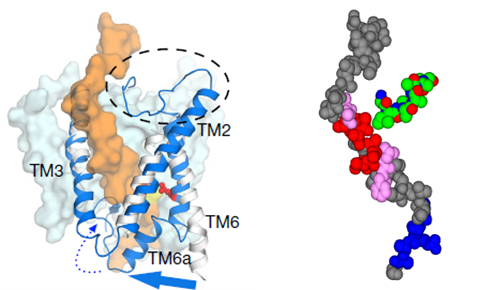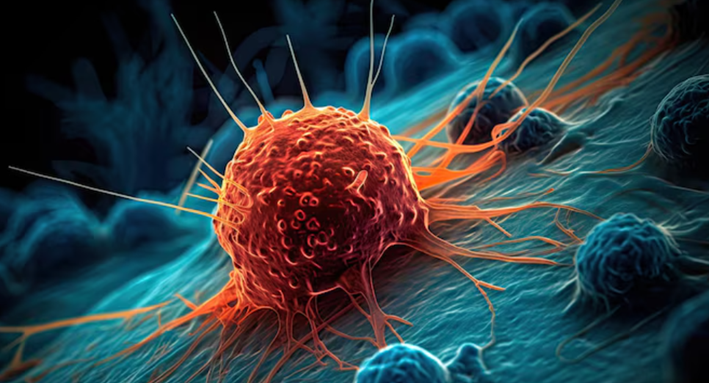Despite the commendable progress made in creating and approving monoclonal antibodies for cancer treatment, such as trastuzumab for breast cancer and cetuximab for colon cancer, as well as the use of antibodies that block receptors, such as CTLA4, to boost anti-tumor immunity, there is still much to be done to improve cancer treatment. Most of these therapies, which are often used alongside traditional treatments, have only delivered modest results incases of locally advanced disease or in the metastatic stage. This clearly highlights the urgent need for new strategies and the identification of novel therapeutic targets to transform cancer treatment.
In this context, researchers at the Universidad Católica de Murcia and Alzheimur 2012 have been exploring a novel approach to enhancing antibody-based cancer therapies. This approach involves developing alternative anti-presenilin antibody structures to improve treatment effectiveness in solid tumors. This technology is based on the design of an antibody that targets a protein called presenilin. Presenilin is a core component of the γ-secretase complex, a multi-subunit intramembrane protease responsible for the cleavage of several type I transmembrane proteins, including Notch. The designed antibody binds to a specific section of the presenilin protein, thereby inhibiting the γ-secretase complex, which plays a crucial role in cancer development. The antibody works by slowing down or stopping the growth of cancer cells, potentially by affecting other proteins involved in cancer growth.

The technology has been tested in vitro on breast cancer cell lines to demonstrate its effectiveness in inhibiting tumor growth and inducing cancer cell death. These results validate its therapeutic potential ahead of the preclinical and clinical development phases.
Benefits:
- The antibody is designed to bind to a highly specific region of the presenilin protein, which is found on cancer cells. Once attached, it stops these cells from growing and multiplying, which prevents the tumor from thriving or spreading.
- Promising results have been achieved in inhibiting the γ–secretase pathway, a crucial cell-to-cell communication system closely linked to cancer development.
- The toxicity is minimized because the antibody cannot access the intracellular space.
- It can be used to treat various cancers associated with the γ-secretase pathway, including solid tumors and hematological cancers.
The represented institution is looking for a collaboration that leads to a commercial exploitation of the presented invention.
Institution: Universidad Católica San Antonio de Murcia (UCAM) and Alzheimur 2012
TRL: 2-3
Protection Status: European Patent EP3438128. International extensions have also been granted in the United States, Australia, Japan, Canada, Spain, France, United Kingdom, Germany and Italy.
Contacto: Noelia Mas / noelia@viromii.com

